The scientific and technology progress of China over the past decades has changed the U.S.-China cooperation framework — a "two-way information flow" as described by some experts — who refute "national security concerns" as excuses to shut the door for research collaboration.
More experts and groups have joined the efforts to urge the Biden administration to renew a landmark deal with China on science and technology cooperation for five years after it was temporarily extended for six months late last month under the pressure of the scientific community.
"At a time when more and more science is being produced outside the U.S., the nation is handicapping itself by restricting these collaborations," said Marcia McNutt, president of the National Academy of Sciences, in a recent report cited by APA Justice.
She said the NAS members have pointed out that the partnership between the U.S. and China "has resulted in extensive collaborations, joint research projects, and mutual contributions to global scientific knowledge".
Committee of 100 Chair Gary Locke wrote to President Joe Biden last week, urging the administration to renew the agreement for another five years, because it "offers the United States significant benefits to advance scientific progress in many fields and in people-to-people exchanges, and it presents minimal risks to American national security".
The cooperation with China has led to American achievements in public health, environmental protection, and many other areas of public good, he added.
"The pace of science and technology progress in China has been astonishing" and "that progress changed the character of U.S. science and technology collaboration with China", said John Holdren, a U.S. scientist who served as the senior adviser to former President Barack Obama on science and technology issues.
Citing his 40 years of engagement with China as an example, Holdren said at a recent webinar on U.S.-China research relations that the complementarity in the countries' systems allow them to learn from each other.
"I had been visiting Tsinghua University since the mid-1980s at regular intervals, and what I started to see at Tsinghua in the late 1990s and early 2000s was absolutely mind-blowing," he said.
"If you visited the biotech labs, the info tech labs, the fuel cell labs, the electric vehicle labs, if you'd been parachuted in, you wouldn't know that you weren't at MIT or Stanford or Princeton in terms of the quality of the labs, the character and the work they were doing," said Holdren.
"The quality of the students was absolutely mind-blowing. China made that kind of progress to really become a peer of the United States in many domains of science and technology," he continued.
In the early days, the U.S. saw the engagement as assistance to a developing country and diplomatic strategy, but in the recent era, "the benefits in science and technology themselves are now entirely two way," said Holdren.
"There are things we learned from the Chinese that we didn't know and that advanced our progress in important areas and things they learned from us that they didn't know and advanced their progress in important areas," he said.
"What we wanted to know is how the Chinese do so well in science and math education to beat us up in the international competitions and tests; and what they wanted to know is what we do to instill creativity and entrepreneurship in our scientists and technologists in ways that they have not been able to match," he said.
It is particularly true in the clean energy space where the framework for U.S.-China engagement has been shifted, said Joanna Lewis, an associate professor of energy and environment and director of the Science, Technology and International Affairs Program at Georgetown University.
"China is now the largest deployer of most clean energy technologies in the world and is playing a huge role in manufacturing these technologies and increasingly in the innovation of these technologies," she said.
"The framework has shifted so that we actually, in the United States, learn a lot from experiences of China, particularly in deploying large scale clean energy technologies that we have not been able to achieve here in the United States," Lewis added.
She also observed that over the last three decades, the two countries have been signing more and more agreements in this area; however, the number of new agreements dropped during the Trump era.
The political climate has affected the research relations between the two countries. Some Republican members of the U.S. Congress are pushing to cut off research ties with China over "national security" concerns.
"The irony of the whole thing is as we become more peers in science, there's so much more that we can learn from Chinese scientists today than 40 years ago," said Deborah Seligsohn, former science counselor at the U.S. embassy in China and an assistant professor of political science at Villanova University.









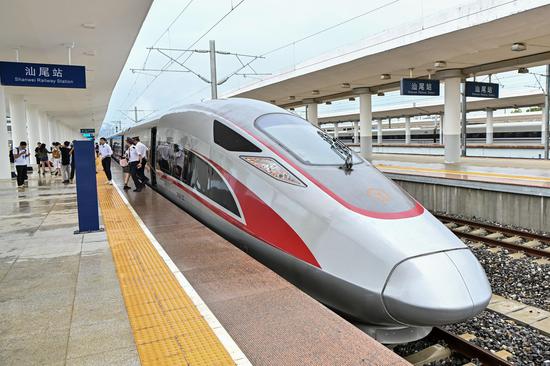



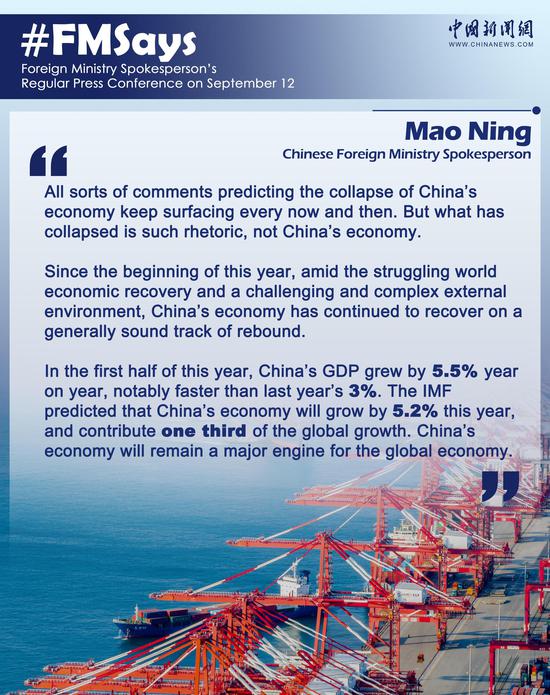







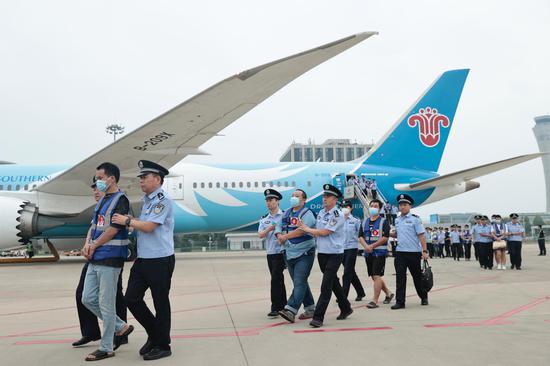


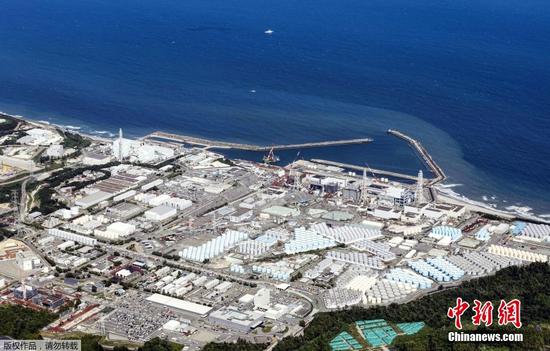


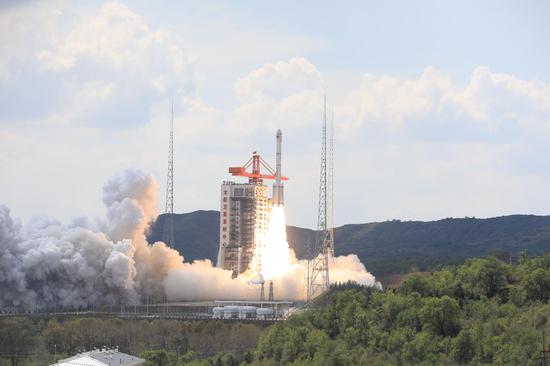


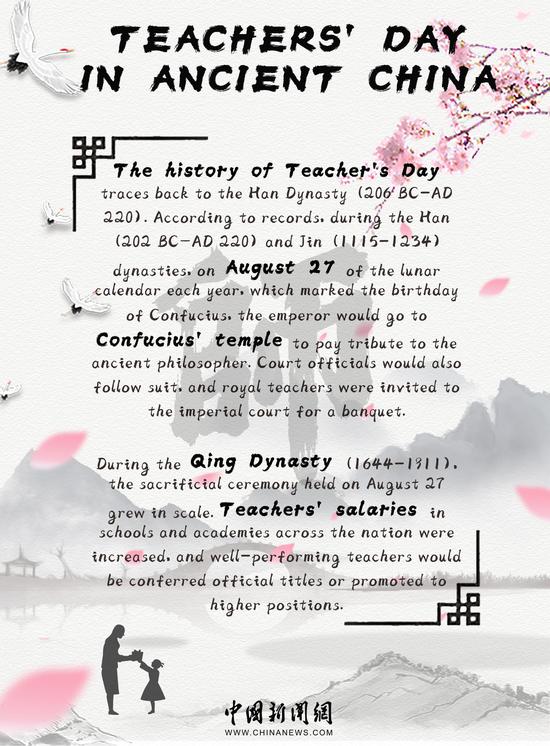

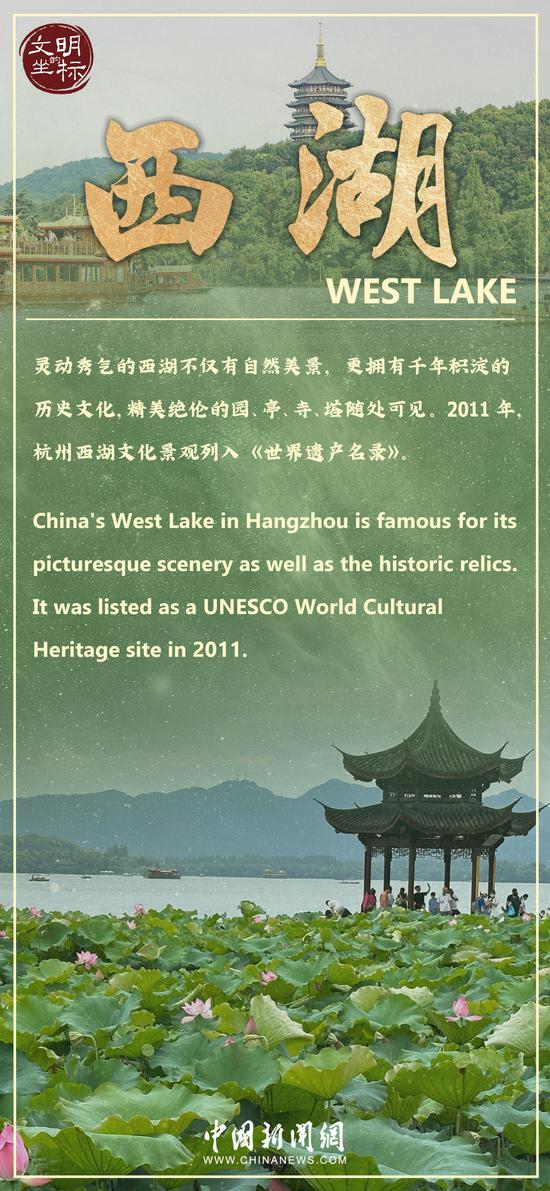

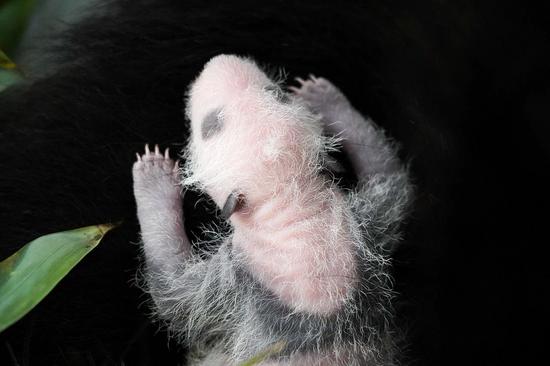
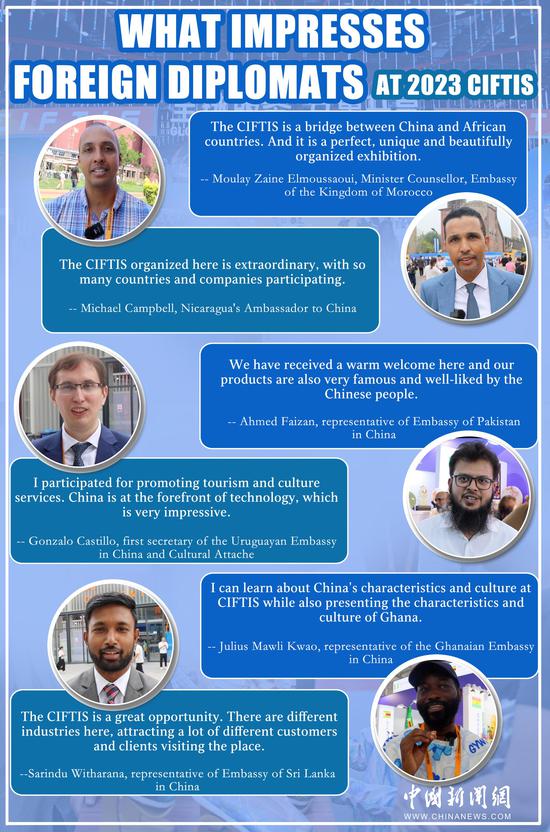

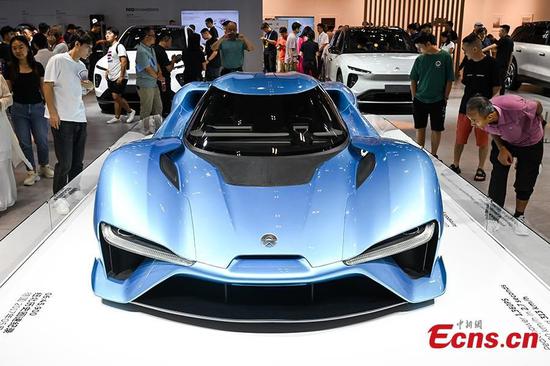
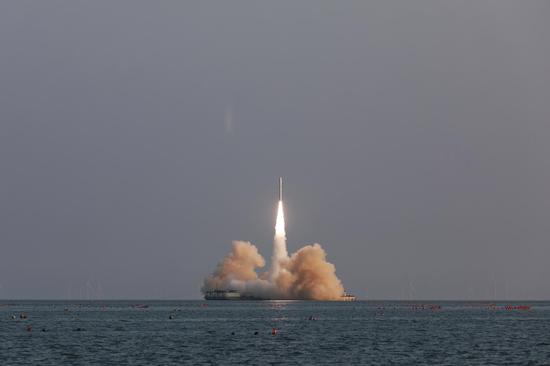
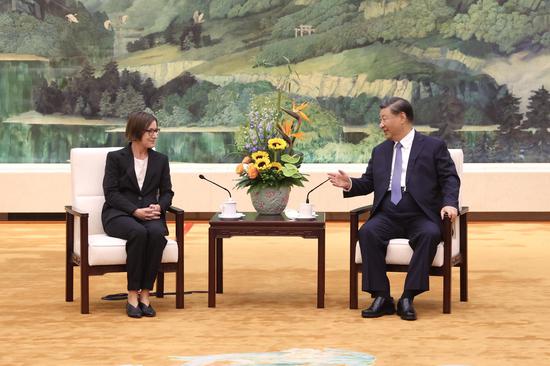

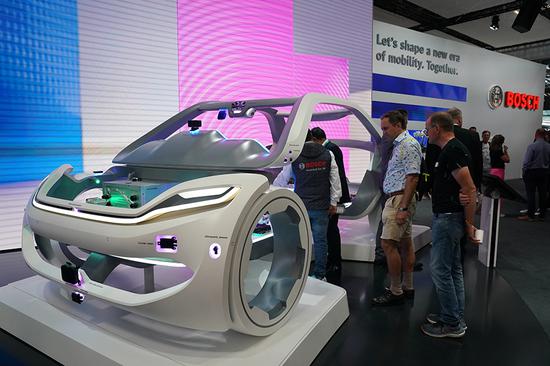


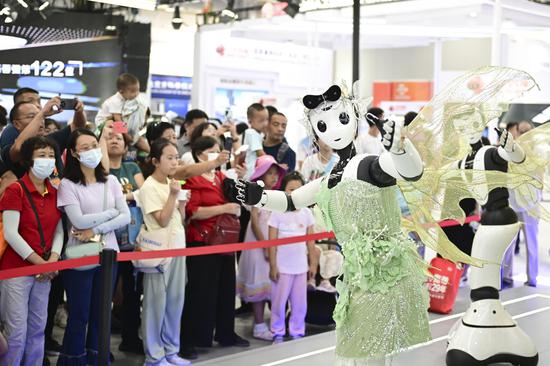





 京公网安备 11010202009201号
京公网安备 11010202009201号